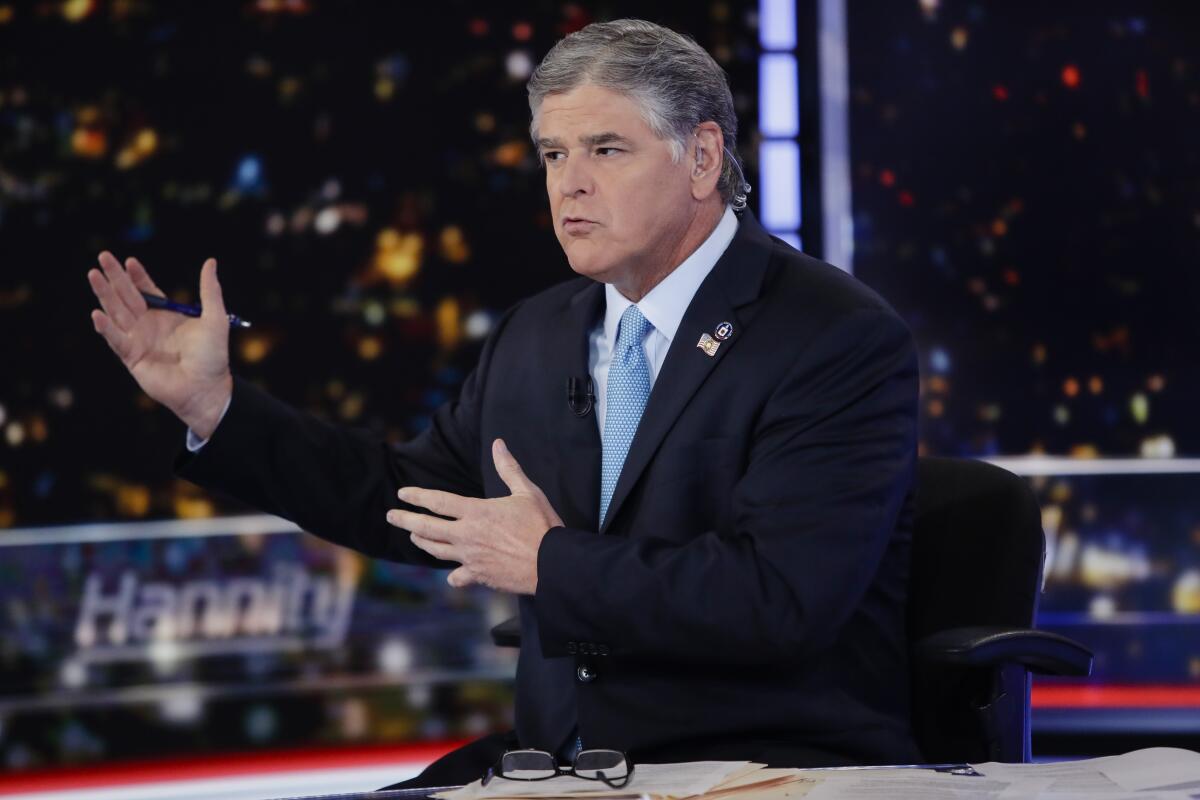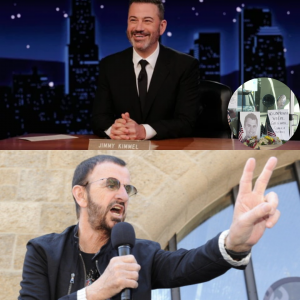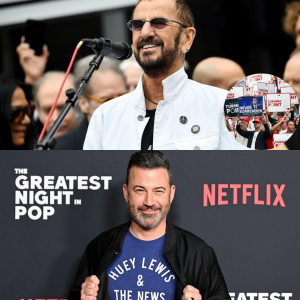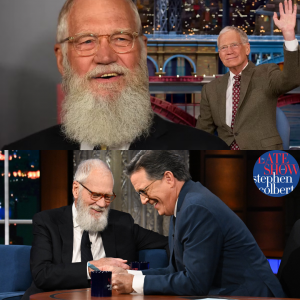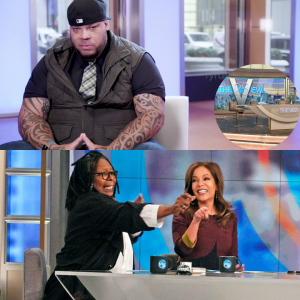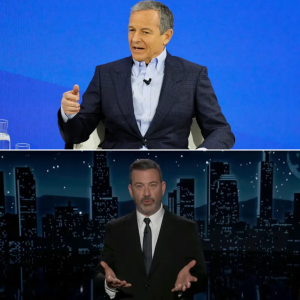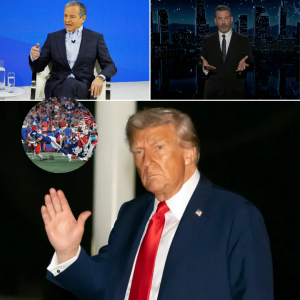California Governor Gavin Newsom seized the opportunity to publicly mock Fox News host Sean Hannity after Hannity insisted that no prominent conservative figure had been pushing for Jimmy Kimmel’s firing. The claim came during Hannity’s segment on ABC’s decision to suspend Jimmy Kimmel Live! indefinitely following the comedian’s monologue about the killing of Charlie Kirk. Hannity, one of Trump’s most vocal allies, seemed determined to shield the MAGA movement from responsibility, but his comments were immediately undermined when Newsom circulated Donald Trump’s own words predicting that Kimmel would be “next” after Stephen Colbert’s show was canceled. With one post on X, Newsom highlighted the absurdity of Hannity’s defense, noting that Hannity must not consider Trump himself a “prominent conservative voice.”

The spat quickly went viral, ricocheting across social media platforms and drawing millions of views. Hannity’s insistence that conservatives had not called for Kimmel’s suspension appeared laughable to many when juxtaposed with Trump’s celebratory Truth Social posts about Colbert’s removal and his gloating prediction that Kimmel would soon follow. Trump had gone so far as to mock Kimmel’s ratings, sneer that he had “zero talent,” and encourage NBC to dump other critical late-night hosts like Jimmy Fallon and Seth Meyers. By denying that conservatives were involved, Hannity placed himself at the center of controversy and was hammered by critics on both sides of the political divide.
The decision to pull Kimmel’s show had already sparked a firestorm. Affiliates operated by Nexstar Media Group announced that they would not broadcast the late-night program “for the foreseeable future,” citing Kimmel’s monologue as the catalyst. In it, Kimmel remarked that MAGA figures were scrambling to spin the Kirk shooting, trying desperately to characterize the suspected killer as anything other than one of their own. Though Kimmel never explicitly said the shooter was Republican, the right wing accused him of unfairly smearing conservatives. Trump-aligned FCC commissioner Brendan Carr quickly cheered the affiliates’ decision and threatened ABC’s broadcast license, framing the suspension as a triumph of public interest rather than what critics saw as political strong-arming.
Inside ABC and parent company Disney, the fallout was immediate. Executives held emergency meetings to assess the regulatory risk and public backlash. Though Disney was said to be “monitoring” the situation, there was no indication that Kimmel planned to apologize or that the network had a timeline for his return. The abrupt move echoed the earlier cancellation of Colbert’s Late Show, which Trump also celebrated, and raised alarms throughout the entertainment industry about the chilling effect of political interference on free expression.
The clash between Hannity and Newsom epitomized the broader battle playing out between politics and media. Hannity has long been one of Trump’s most loyal defenders, often repeating his talking points and working to shield the former president from criticism. Newsom, by contrast, has positioned himself as one of Trump’s sharpest critics, frequently using social media to ridicule what he sees as MAGA hypocrisy. In this case, Newsom’s cutting remark that Hannity didn’t consider Trump a “prominent conservative” distilled the contradictions in Hannity’s defense and instantly resonated with a public that is increasingly skeptical of media spin.
The incident also underscored the precarious state of free speech in the current political climate. Comedians like Kimmel and Colbert, once free to lampoon presidents and political parties alike, now face direct retaliation from regulators aligned with the administration. Carr, who just a few years ago extolled the virtues of satire as one of the oldest forms of free expression, now celebrates the silencing of critical voices. Critics from across the industry have pointed out the glaring inconsistency, noting that Carr’s previous remarks defending the irreverence of late-night comedy are now being recirculated as evidence of political opportunism.
The backlash has not been confined to politicians and media insiders. Comedians and performers have rallied around Kimmel, with Wanda Sykes, scheduled to appear as a guest on the suspended show, quipping that Trump may not have solved global crises like Ukraine or Gaza in his first year back in office, but he had managed to “end freedom of speech.” Her remark captured the sentiment of many in Hollywood and beyond—that this is no longer just about one television show but about the future of dissenting voices in a political landscape increasingly intolerant of criticism.

Ultimately, the Hannity–Newsom clash has become symbolic of a deeper cultural divide. For conservatives, the suspension of Kimmel is framed as accountability for bias and a rejection of what they see as liberal dominance in media. For liberals and free-speech advocates, it is a dangerous escalation of political pressure on broadcasters, a signal that satire and criticism can be silenced with regulatory threats. Hannity’s bungled defense and Newsom’s viral retort transformed the debate into a national spectacle, ensuring that this will not fade quietly. Instead, it marks another flashpoint in the ongoing war between politics and media, one that reaches far beyond television to touch the very principles of free expression and democratic accountability.
